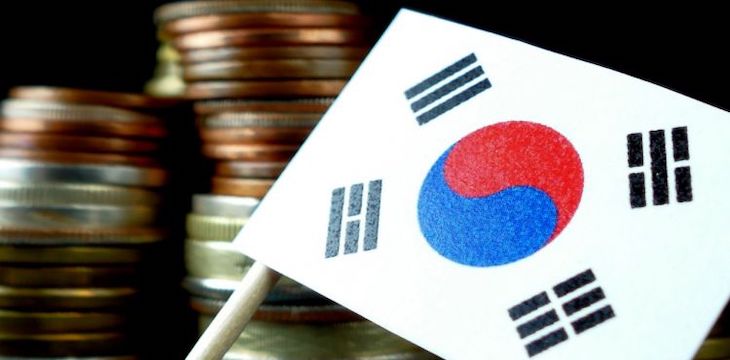|
Getting your Trinity Audio player ready...
|
What was originally rumored, has officially been approved. On November 30th, the South Korean Strategy and Finance Committee approved an amendment that delays the implementation of a taxation plan for digital currency traders. What was originally supposed to be implemented on October 21, 2021, will now be implemented in January 2022.
How will the tax plan work?
Digital currency traders in South Korea will pay a 20% tax on any income over 2.5 million won (around $2,000) that they make from trading. For example, If you make a total of 5 million won by buying and selling Bitcoin for one year, you have to pay 500,000 won in taxes, in other words, 20% of the 2.5 million you made trading. If your income from trading is under 2.5 million won, you will not be required to pay the trading tax on your income.
Why was implementation delayed?
The Committee approved the delay because local digital currency exchanges claimed that they needed more time to create the infrastructure for the new taxation plan. With the new plan, digital currency exchanges will most likely need an accounting system that tracks user’s gains and losses and notifies them when traders have passed the 2.5 million won threshold so that they can send them a tax form.
The recent events at Coinbase regarding tax infrastructure stresses just how important it is for a digital currency exchange to have the proper infrastructure in place before a tax plan launches. Coinbase users in the United States were wrongfully receiving CP2000 notices from the IRS due to Coinbase’s inefficient tax infrastructure. A CP2000 is a form the IRS sends out when it believes there is conflicting information between your income and what you submitted on your tax return.
The complaints from Coinbase users prompted Coinbase to change the tax form they send digital currency traders on their platform from a 1099-k to a 1099-misc.
Recommended for you
British lawmakers of the parliamentary national security committee have called for a temporary ban on political parties receiving donations in
Circle (NASDAQ: CRCL) soared in 2025 thanks to U.S. ‘regulatory clarity,’ but can this momentum survive a ban on crypto

 02-26-2026
02-26-2026 




